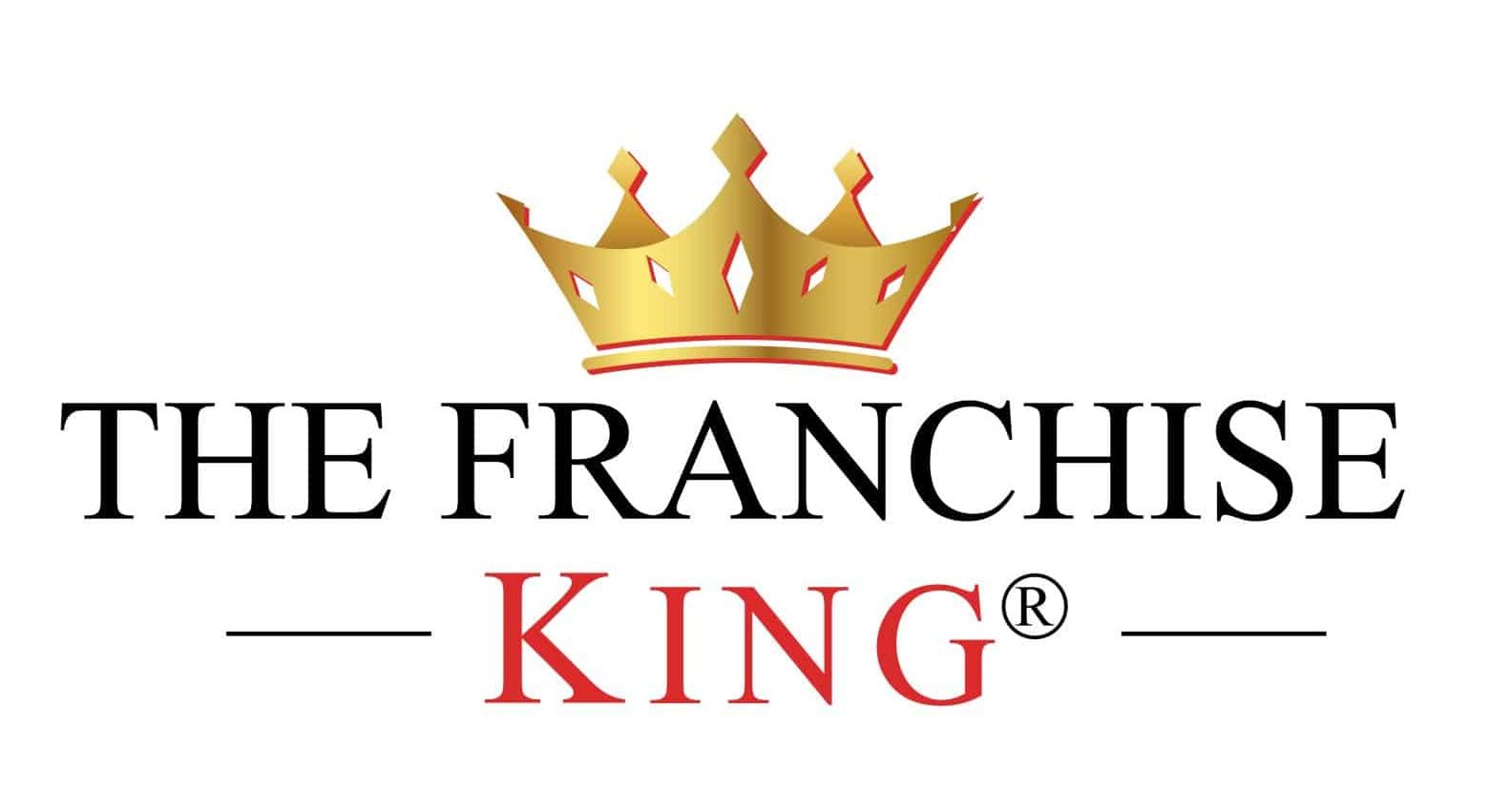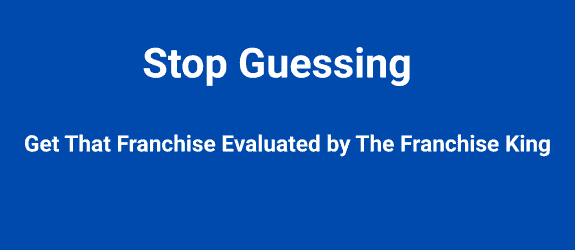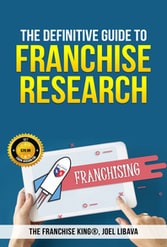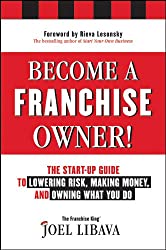
For years, I’ve helped people just like you figure out if buying a franchise is the right move for them. And to help them make a smart decision on the franchise they’ve chosen to buy.
In this post, I’m going to share a bad Franchise Due Diligence Habit you’ll want to avoid.
Key Takeaways About This Bad Franchise Due Diligence Habit
1. The Validation Trap: Don’t Rely on Hand-Picked References. The biggest mistake franchise buyers make is only speaking with franchisees the franchisor recommends. These are typically the happiest, most successful owners in the system—giving you a curated, one-sided story. It’s like buying a car based solely on the dealer’s cherry-picked testimonials without test driving it yourself.
2. Expand Your Research Beyond the Sales Pitch. Real due diligence means becoming a detective. Call multiple franchisees (not just the recommended ones), hire a qualified franchise lawyer to review the FDD, and build conservative financial projections. Ask tough questions about failed marketing campaigns, supply chain issues, and the reality of daily operations—the stuff that doesn’t make it into the glossy brochures.
3. Stress-Test Everything Before You Sign. Your job isn’t to prove the franchise will work—it’s to identify where it might fail. Examine the franchisor’s history, evaluate their support quality beyond initial training, and test your financial assumptions against realistic market conditions and potential economic downturns. Better to discover problems during research than after you’ve invested your life savings.
Your Dream
Let me ask you something.
Have you pictured it? The grand opening of your very own franchise.
The place where you’re the boss, you’re building something real, and you have a well-known brand helping you along. It’s a powerful dream.
But there’s another side to that dream. A nightmare, really.
It’s the story of the person who sinks their life savings into a franchise only to find themselves trapped, working 80-hour weeks just to break even. Or worse.
So, what’s the difference between the dream and the nightmare?
Often, it’s one single habit during the research phase.
It’s a mistake I see aspiring franchise owners make all the time. In this post, I’m going to show you that habit, why it’s so dangerous, and how you can avoid it.
The Most Dangerous Franchise Due Diligence Habit
The single riskiest habit you can have when buying a franchise is only talking to the franchisees the franchisor tells you to talk to or listen to on franchisor-led conference calls.
It’s so easy to fall into this trap.
The franchise salesperson, or Franchise Development Representative as they’re called, is great at their job. They’re friendly, encouraging, and show you a business that looks polished and perfect. You want it to be the right choice, so you look for proof that it is.
Then, they give you a list of 3-5 franchise owners to call for “validation.” And guess what? Those owners are almost always the happiest, and sometimes the most successful franchisees in the entire system. Talking to them feels great! It confirms everything the salesperson told you. And you want your dream to come true.
But it’s a curated, one-sided story.

It’s like deciding to buy a car that Car and Driver loves and has amazing online reviews without driving it. You’re not getting the full picture.
The Real Risks of This Habit
When you only talk to the hand-picked owners, you put yourself at huge risk. At a major disadvantage. For example:
- You get a biased view. You won’t hear about the marketing campaigns that failed or the real struggles with day-to-day operations.
- You can’t predict your real income. The top performers might share amazing numbers, but their success might be due to having the best territory or starting 10 years ago. Their reality may not be your reality.
- You won’t find the hidden problems. Are other franchisees angry about supply chain costs? Is the corporate support team slow to respond? You’ll never know if you only speak to the chosen few.
- You don’t learn what the job is really like. You miss out on the truth about the long hours, the stressful days, and the parts of the job they don’t put in the brochure.
How to Do Franchising Due Diligence The Right Way
To protect your investment, you need to become a detective. Here’s your game plan.
1.Call lots of franchisees and ask great questions.
2. Go over the entire FDD, and if you’re serious about the franchise opportunity, hire a qualified franchise lawyer before you sign.
3. Build conservative financial projections, because franchisors often present optimistic scenarios. Your job is to stress-test these assumptions with realistic local market conditions, economic downturns, and operational challenges.
4. Check the history of the franchisor, because it tells you about their business acumen, commitment to franchisees, and ability to quickly adapt to market changes.
5. Effective franchise support goes beyond initial training, so ask franchisees how good it is. Specifically, find out about their marketing assistance, technology updates, marketing and supply chain management.
The bottom line?
Make a commitment to avoid lousy franchise due diligence habits.
I know you can.
FAQ’s
Aim for 10-15 franchisees minimum, and make sure you’re choosing them yourself from the FDD’s list of current owners. Don’t just call the ones in your immediate area—spread out geographically and include both newer and established locations. The goal is getting a real cross-section of experiences, not just the highlight reel.
Get direct about the tough stuff. Ask about their worst month financially, how long it really took to become profitable, and whether they’d buy the franchise again knowing what they know now. Find out about hidden costs that weren’t in the initial projections and whether corporate support actually delivers on their promises when problems arise.
Absolutely get your own attorney. Never rely on the franchisor’s legal team to protect your interests. A qualified franchise attorney will cost you $2,000-$5,000 upfront, but they can save you from costly mistakes and help you understand exactly what you’re signing. Think of it as insurance for what’s likely your biggest investment.
Start with the franchisor’s projections, then stress-test them hard. Reduce their revenue estimates by 20-30%, add 15-20% to their expense projections, and factor in at least 6-12 months longer to reach profitability. Include worst-case scenarios like economic downturns or major local competition. If the numbers still work under these conservative assumptions, you might have a solid opportunity.
About the Author
The Franchise King®, Joel Libava, is a leading franchise expert, author of "Become a Franchise Owner!" and "The Definitive Guide to Franchise Research." Featured in outlets like The New York Times, CNBC, and Franchise Direct, Joel’s no-nonsense approach as a trusted Franchise Ownership Advisor helps aspiring franchisees make smart, informed decisions in their journey to franchise ownership. He owns and operates this franchise blog.
Note: When you buy through links on this website, we may earn an affiliate commission.









